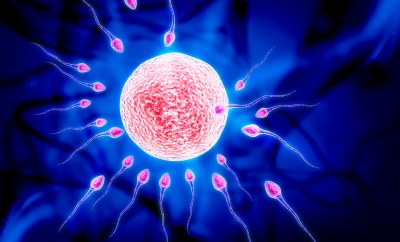What Is ICSI & Why Is It Used?

Intracytoplasmic sperm injection (ICSI) was first developed in Belgium by Gianpiero Palermo in 1991. ICSI is the most successful form of assisted fertilization for male infertility and involves injecting a single sperm directly into the cytoplasm (the gel-like outside layer) of a mature egg using a glass needle. This method is especially useful when sperm is having a difficult time breaking through the protective layers of the egg. Other reasons ICSI is used in assisted reproduction include:
- There is a very low concentration of sperm (oligospermia)
- Sperm is completely absent from the ejaculate (azoospermia)
- Antisperm antibodies are present
- Poor fertilization
- Sperm is incapable of binding to and penetrating the egg
- Poor sperm motility (asthenospermia)
- Poor sperm morphology (teratospermia)
- Unexplained male/female infertility
In many cases, ICSI is used in conjunction with in vitro fertilization (IVF) to maximize the possibility of success. These two methods, combined with good quality eggs, are often successful for men whose sperm is impaired. This procedure is also utilized in testing embryos to check for genetic disorders; since ICSI uses only one sperm per egg, there is no chance other sperm can contaminate the test.
For more information on ICSI and treating male factor infertility, contact Male Fertility and Sexual Medicine Specialists.






